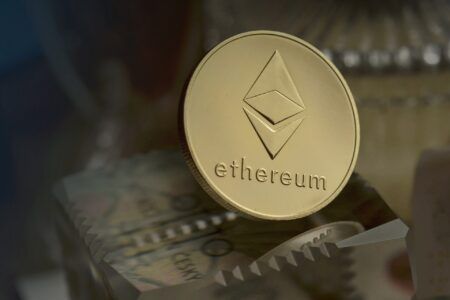Grant Thornton, the firm that audits Circle’s USDC stablecoin, has revealed it audited over $10 billion in cryptocurrency across 100 million addresses in various blockchains for its clients.
The Chicago-headquartered company is believed to have between 15 and 20 clients in the space. Some of these reportedly included popular cryptocurrency exchanges. In a press release it detailed to have looked into 40 different cryptocurrencies, including bitcoin, ether, XRP, EOS, zcash, monero, and various ERC-20 tokens.
In the document Grant Thornton claims its audit platform examined over 100 million cryptocurrency addresses across various blockchains, all in the first quarter of this year. It reportedly developed proprietary methods to test cryptocurrency ownership, and the existence of each cryptocurrency in clients’ wallets.
Johnny Lee, national practice leads for forensic technology services at the firm, stated:
Cryptocurrency companies must contend with an auditing challenge that is at once simple and complex. First, can you prove that you own and control the assets you are claiming as yours? And, second, do those assets really exist – and can you prove as much.
Markus Veith, a partner in the firm’s audit practice and leader of its cryptocurrency practice, noted that it spent four years “developing technology platforms and auditing methodologies” that let it create “point-in-time balances for cryptocurrencies” with a level that satisfies strict auditing standards.
In the document, Grant Thornton detailed it can’t release details about discrepancies it found in data from a company’s books and the cryptocurrency’s blockchains. Lee added, however, that it’s “constantly finding more coins than we’ve been told are out there.”
Earlier this year, as CryptoGlobe covered, PwC, one of the so-called “Big Four” auditing firms, launched a new software package capable of auditing cryptocurrency transactions. The software is reportedly capable of establishing ownership of cryptocurrency through evidence of private key and public address pairing.









